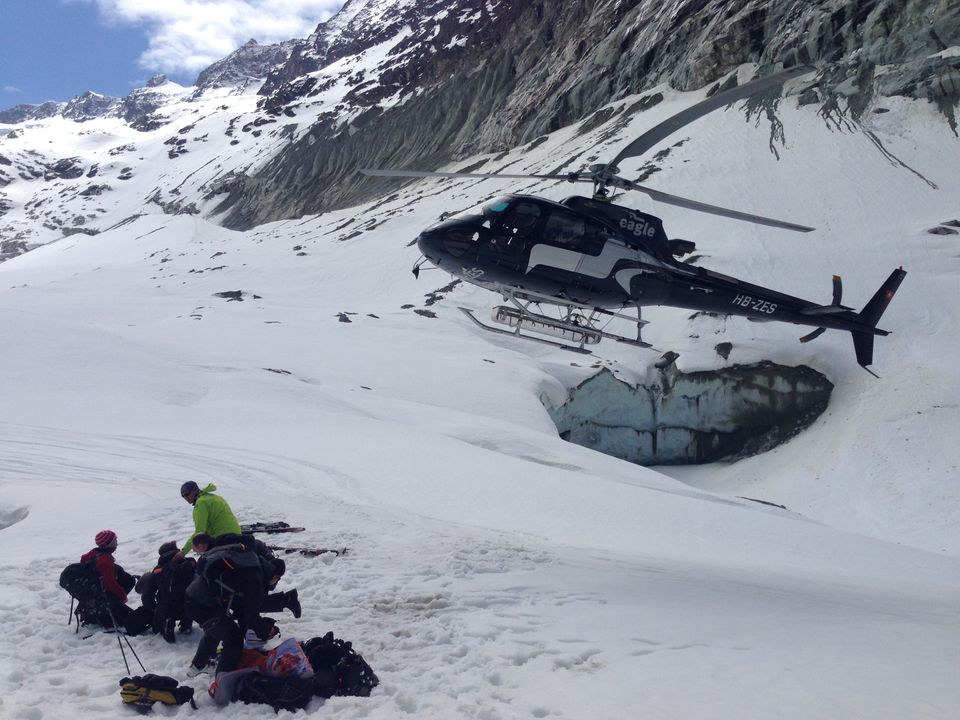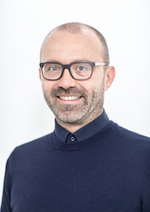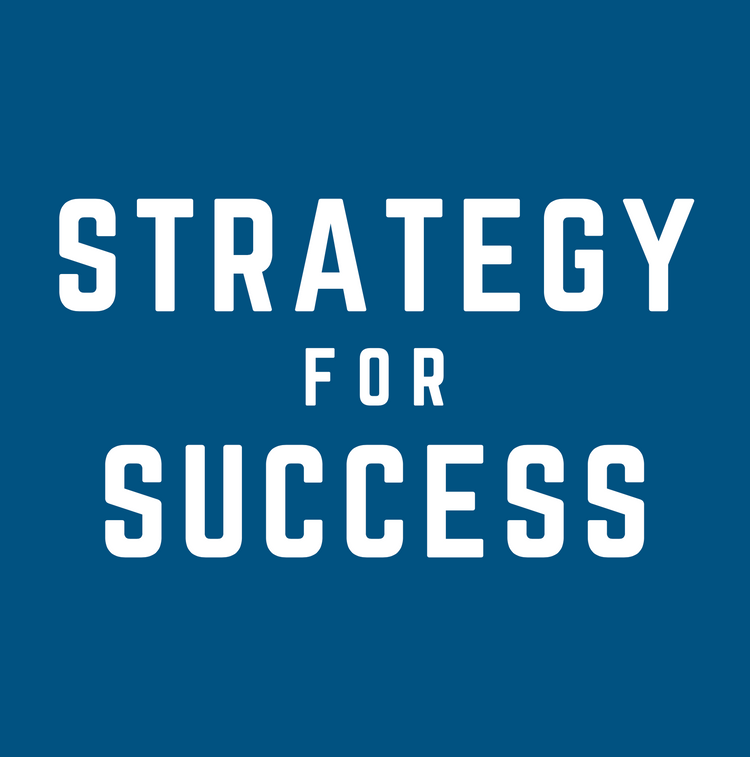How to make bold decisions to live your best life

:- 5 key questions to help you minimise risk and maximise outcomes -:
I've always felt like a risk-averse person. But when I tell friends this, they laugh. Many of them tell me I'm a huge risk taker.
So I thought I might share twelve of the biggest career decisions I've taken so far:
- aged 15, I focussed on building a music career instead of prioritising schoolwork
- aged 19, after a year of my degree I left university early so I could file photographs full time at a press agency for £4.50 per hour
- aged 23, I quit my job at as a photo desk assistant at a national newspaper to travel the world
- aged 25, I left the Daily Mail picture desk to become a freelance photojournalist
- aged 28, I started my own press agency
- aged 30, I took out a loan against my home to buy equipment to launch a video news division
- aged 30 and a half, I shut video down
- aged 35, I started a TV production company
- aged 37, I committed to uploading a new video every weekday to YouTube
- aged 41, I sold part of my company to raise cash so we could keep going
- aged 45, I sold my company
- aged 46, I started Creatorville.co
Reading this list back, I accept that some of these look like risky moves. But to me, they were the necessary choices I had to make at the time.
And I also know that without taking these decisions, my career would have been unlikely to blossom in the way it has.
I don't see myself as a brave person. I have been prone to anxiety and stress. I used to worry a great deal about work, and still err toward caution in daily life.
If we accept that to have a rich life we must sometimes make ourselves vulnerable, we must also agree that risk-taking is a necessity.
So I've accepted that to live my best life I will need to decide to take some risks, despite all my worries!
I don't want to take risky decisions that lead to bad outcomes. Nobody does.
And we all get some decisions wrong.
But it is better to take a number of caluclated risks, and to accept some of them won't work out perfectly, than to wait in hope for the world to deliver your outcomes for you on a plate.
Faced with a big decision, as long as you've evaluated the risks carefully, and taken a positive decision, you're building the courage and discipline that will see you right over time.
And even a definite 'no' is much more valuable than a long maybe.
So, when making a big move, I ask myself five key questions:
- What happens if I don't do this? This is the opportunity cost of saying no. If you say no to this decision, will you still be able to do it some time in the future? Will you have saved yourself a great amount of time and trouble? Will it mean delaying the inevitable? Could you miss out on something great? Would you be letting yourself down? Are you too early? Or might you be too late?
- Can I minimise potential downside? Few decisions are one-way streets. Most things you decide to do can be rolled back if they don't turn out for the best. Analyse if the move you want to make can be reversed. And work out if there is a way to cap any financial or time investment if things don't work out. If you know your worst case outcome, you can see if you're prepapred to accept it as a potential outcome of making your decision.
- Am I aiming high enough? Most people avoid targeting the big prize, and therefore inadvertently decrease the potential value of taking on risk in the first place. It is great to offer yourself unlimited upside. And there is often far less competition at the top than there is in the middle or bottom of a given marketplace. The world loves a big idea far more than a small one. So figure out what the biggest possible version of your outcome might look like, and see if you can make it an option.
- Does the world want me to do this? Forget what you want to do for a moment. As well as being driven by your passion, anything you put out out there is likely going to also live or die based on demand. Assess the likely success of your decision by looking at it from the perspective of a third person - a customer, collaborator, a critic.
- What is the actual risk versus the likely reward? Often we can evaluate decisions based upon feelings, ideas or assumptions. It is important to write down the facts as well as the feelings. By listing out the evidence or the pro's and cons, range of outcomes and timelines, you can take a decision based on the best available data. You're then able to make your decision with the best information available.
Once I have answered these questions and - importantly - written my findings down, I'm often left with a single outcome, or a couple of clear options.
I then give myself a final choice and commit to making my final decision within a strict deadline.
Time is our most precious resource. Most of us will live for around 4,000 weeks.
Given our short timeframe, taking decisions needs to be done without delay or procrastination.
How might it feel to be sitting in a chair aged 80 with regrets, looking back on what might have been? Wishing you'd mustered up the courage to take a bold step? Wondering why you hadn't quit earlier? Realising that the stakes weren't actually very high after all?
Most people play it safe, putting off big decisions to avoid having to make themselves vulnerable. But those who don't delay making decisions, and who ensure they learn the most from each of them often get rewarded.
If you know what you want, if you can minimise the potential downside, and maximise your potential outcome, you have created yourself a great option.
And if your detective work shows that the risks of making a decision look unacceptably high, well done for figuring that out in advance of taking a bad decision.
Remember - other people are drawn to big ideas, they're excited by significant commitments, and thrilled by world-firsts.
In my experience, the bigger the plan, the better. And if you're not winning, you're learning.
Taking decisions is an art, not a science.
And taking big decisions requires accepting full responsibility.
When all is said and done, it will be down to you. Embrace the power you have.
You must go with your gut. You must trust your experience. You must follow your truest path.
It's time to decide!


